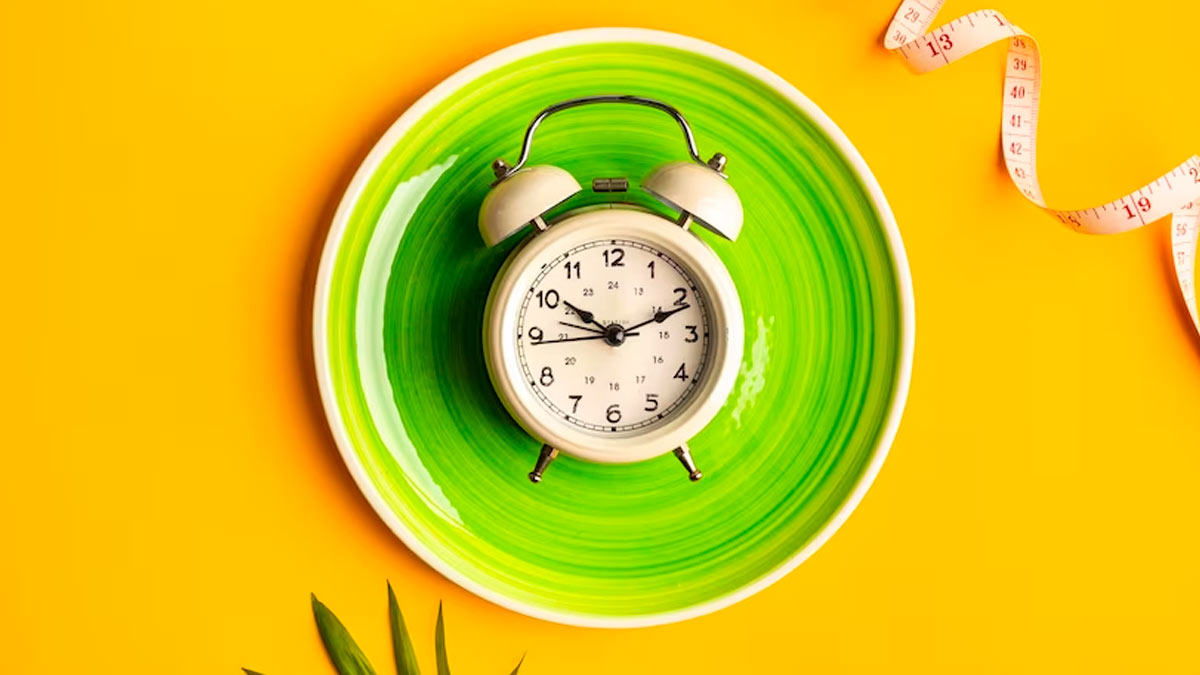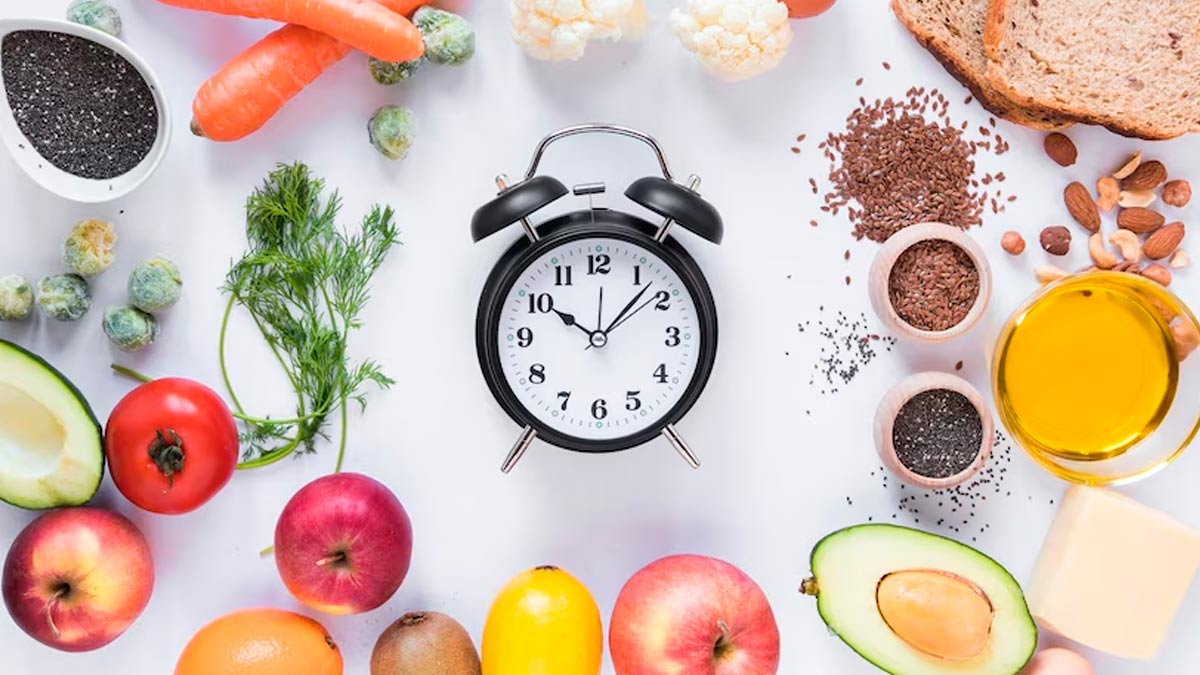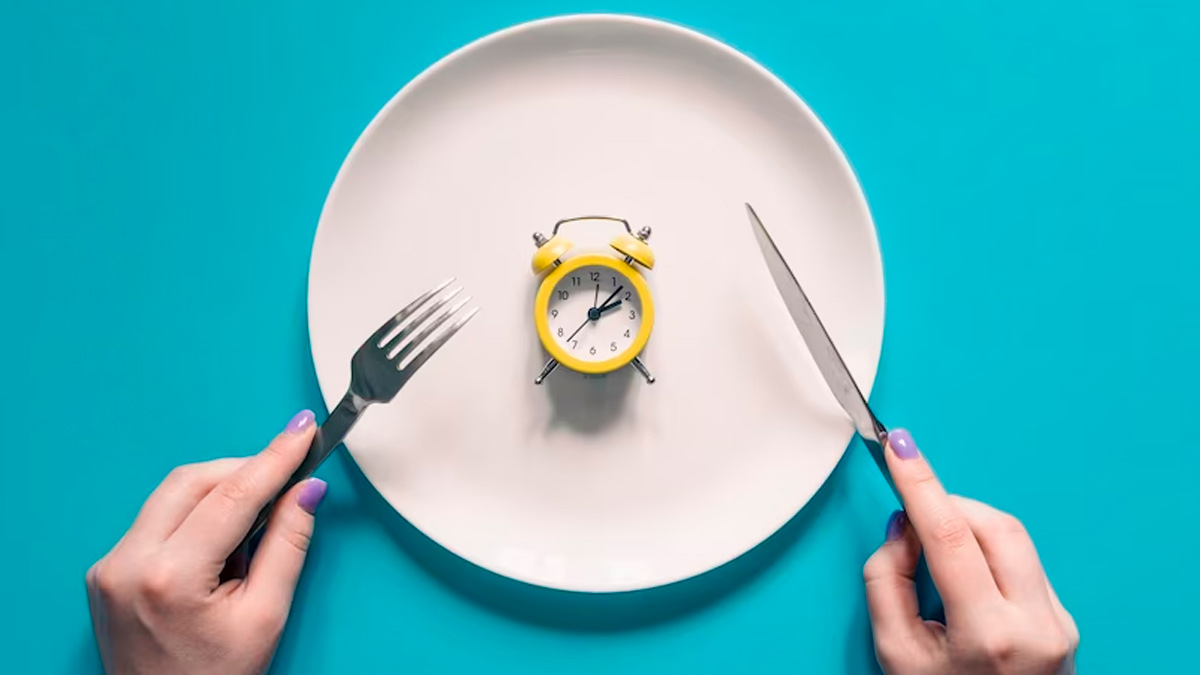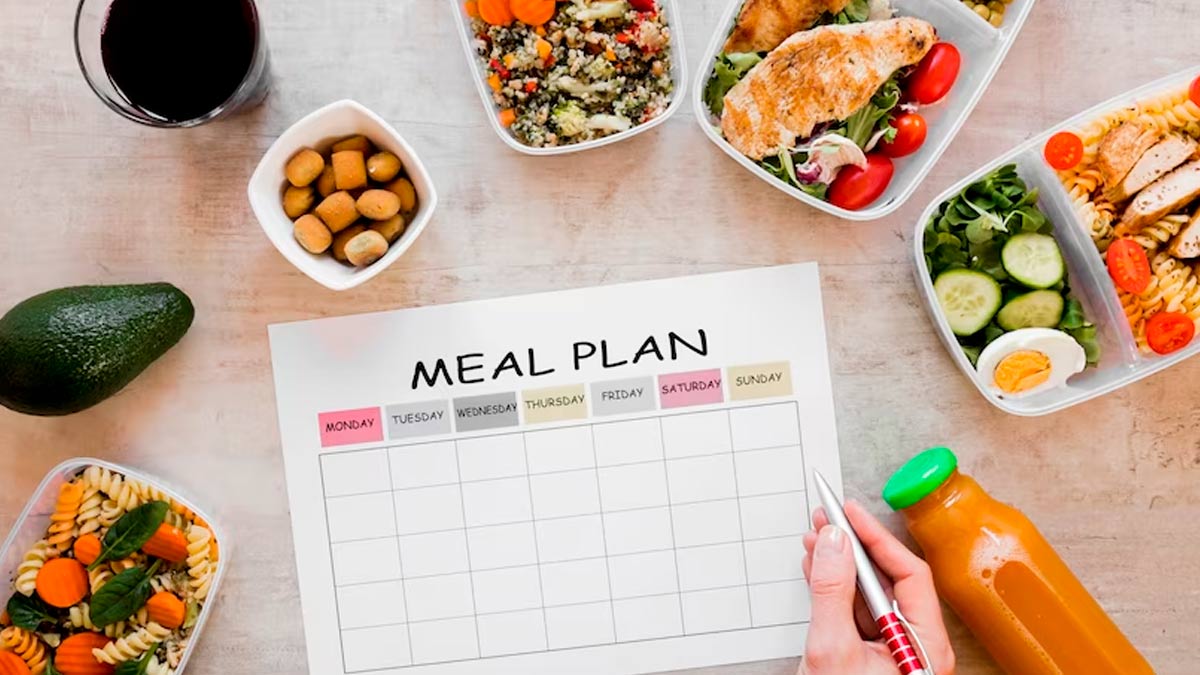

One of the most popular weight loss methods is Intermittent Fasting (IF), which is a dietary approach that involves alternating periods of eating and fasting. Rather than focusing on specific foods, it emphasises on when to eat. Besides its weight loss benefits, IF has been associated with potential health benefits. The key to achieving effective results is recognising the kind of fasting window appropriate for your body type, says Anupama Menon, certified Nutritionist and Lifestyle Coach, Bengaluru and Mumbai. In an interaction with the OnlyMyHealth team, she shares important insights into how one can achieve maximum weight loss benefits through intermittent fasting.
Also Read: 9 Of Family Members Undergo Weight Loss Surgery In 7 Years: Their Surgeon Reveals The Primary Cause
How To Follow Intermittent Fasting

“IF is the period of fast between generally the time that you finish dinner to the time that you have your breakfast,” Menon said, adding, that it is the longest period where you abstain from eating or drinking anything but water, which could not only be at night but also during the day, especially if this is within the 24 hour cycle.
As far as its effectiveness on weight loss is concerned, a study published in the Annals of Internal Medicine found that time-restricted eating can help people lose weight and maintain it, with effects similar to tracking calories.
To start your IF journey, firstly, it is important to figure out the most comfortable period of fasting, according to Menon. “For instance, if you are comfortable with a 12 hr fasting window, begin your IF with 12 hours strictly for the first 3 days and then push the fasting window to 14 hours for the next 2 weeks. Then based on your comfort, you could push for 15-16 hours. The 16 hour IF is the most common type,” she shared.

According to the expert, women especially in their menstrual years must be really careful of their fasting window and not overdo it as long periods of extended fasts could lead to problems with the menstrual cycle and its regularity. As per a rodent study published in the Journal PLOS ONE, intermittent fasting may negatively affect levels of oestrogen and other reproductive hormones, leading to menstrual cycle irregularities and fertility issues.
Another popular IF diet method is the 5:2 diet. Menon said, “In this method, you eat a healthy 1600-2000 kcal diet for five days a week and restrict your calorie intake to around 500-600 kcals for two days in the week.”
“While the above 2 methods are the most popular, there are more aggressive methods like the 18-20 hour fasting window that restricts your meals to 1-2 a day. Some also vouch for a 24-36 hour fasting period, to be done anywhere between once in 2 weeks to a month. This fasting period involves only water during the fasting period. This kind of aggressive fasting method needs to be followed with caution and under professional guidance,” she added.
Also Read: Planning To Lose Weight? Expert Lists Dangers of Rapid Weight Loss
Things To Keep In Mind While Following IF

Here are a few essential tips to follow during fasting:
- During the eating window, one needs to eat healthy balanced meals. The routine must contain reasonable levels of carbs, moderate amounts of proteins and fair share of good fats. A person must not be deprived of essential nutrients of energy required to live a fruitful and focussed life.
- The fasting concept does not mean permission to consume junk and eat all that you want during the eating window. The reward mentality must not be taken too far.
- It is important to be aware of physical changes or concerns like acidity, other gut issues, a continued feeling of moroseness or lack of energy or increasing sugar levels even after following the concept for 2 weeks.
- Remember that men and women are hormonally different. Hence while men can fast similarly through the month, women may need to respond to their bodies and hormones differently. According to Menon, for a woman, the longest fasting window (15-16 hours) ideally must begin on the first day of her cycle and continue for about 10 days until she is close to ovulation. “The period after that until the start of the next cycle must be stepped on with caution as she needs to utilise the hormones she has made during the follicular cycle,” she added.
- As always you must supplement yourself right based on how much and what you eat during the eating window.
- Based on your sugar levels, insulin levels, gut concerns, fat loss, energy, sleep, mood and appetite, you must evaluate how you feel after 2 weeks, 1 month and then 2 months of the fast.
Bottomline
While intermittent fasting is said to be an effective way to lose weight, it may not be suitable for everyone, especially those with certain medical conditions or dietary needs. Consulting a healthcare professional before starting intermittent fasting is highly recommended.
اكتشاف المزيد من ينبوع المعرفة
اشترك للحصول على أحدث التدوينات المرسلة إلى بريدك الإلكتروني.
